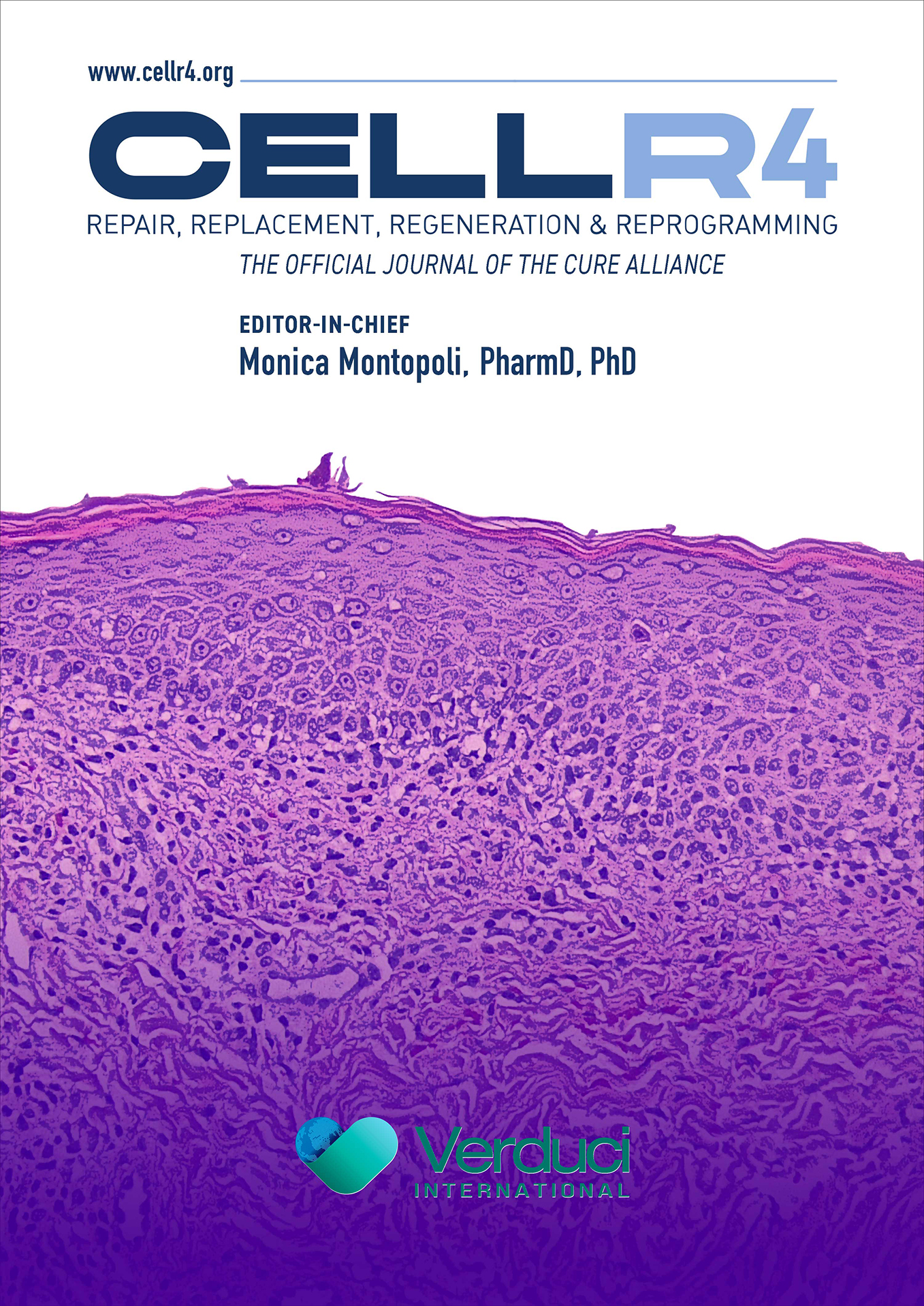Therapeutic application of regeneration-associated cells: a novel source of regenerative medicine, Stem Cell Research & Therapy
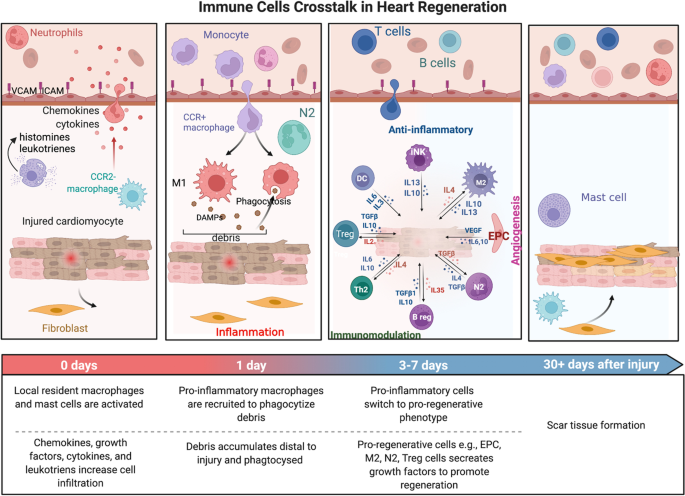
By A Mystery Man Writer
Chronic diseases with comorbidities or associated risk factors may impair the function of regenerative cells and the regenerative microenvironment. Following this consideration, the vasculogenic conditioning culture (VCC) method was developed to boost the regenerative microenvironment to achieve regeneration-associated cells (RACs), which contain vasculogenic endothelial progenitor cells (EPCs) and anti-inflammatory/anti-immunity cells. Preclinical and clinical studies demonstrate that RAC transplantation is a safe and convenient cell population for promoting ischemic tissue recovery based on its strong vasculogenicity and functionality. The outputs of the scientific reports reviewed in the present study shed light on the fact that RAC transplantation is efficient in curing various diseases. Here, we compactly highlight the universal features of RACs and the latest progress in their translation toward clinics.

Cell potency - Wikipedia

Regenerative Medicine: Unlocking the Future of Healing and Recovery

Stem-cell therapy for cardiac disease
Also available as an ebook on: Synopsis: This textbook was finalized during the worldwide COVID-19 pandemic. For years prior to the pandemic, clinical
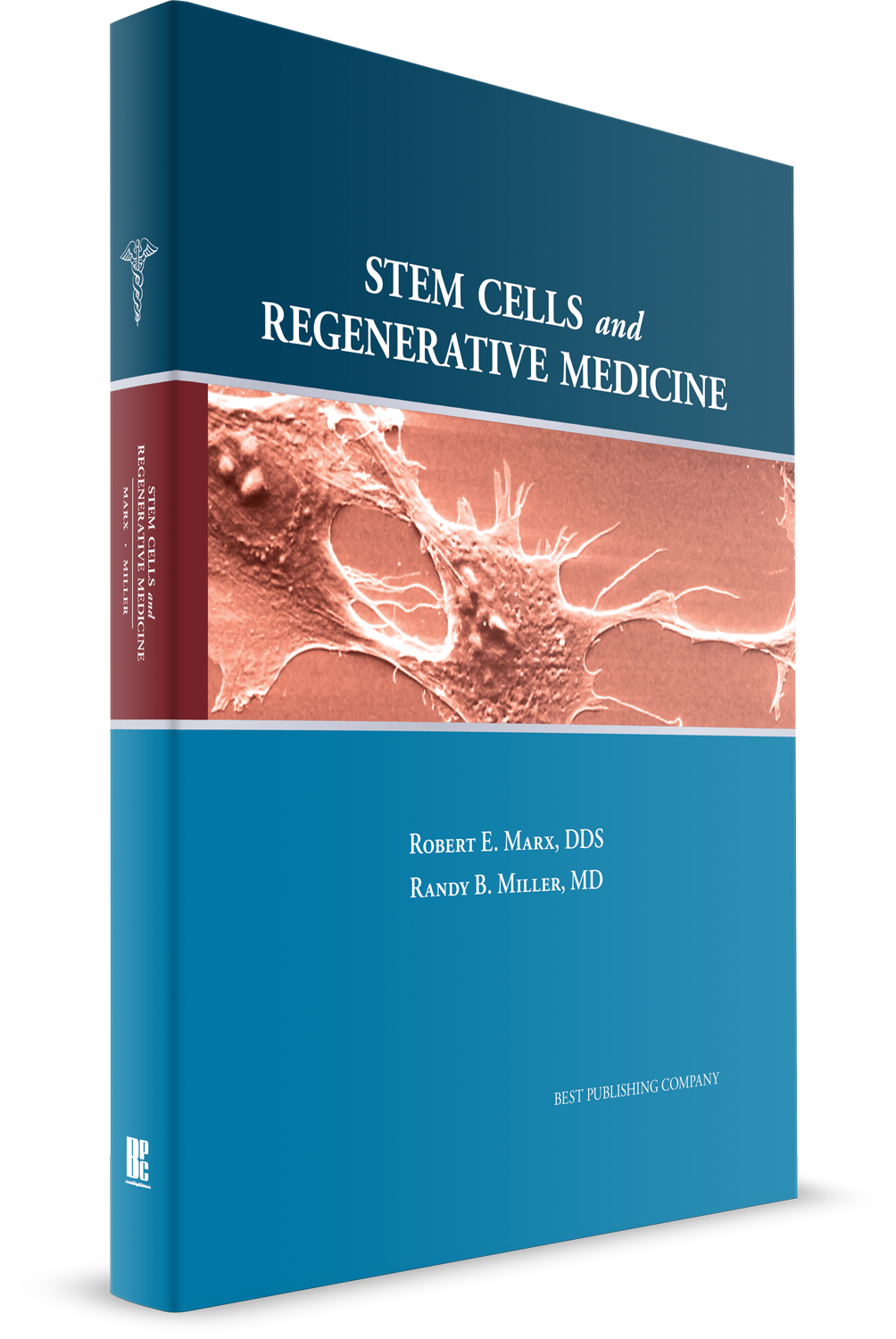
Stem Cells and Regenerative Medicine

Mehdi Hassanpour on LinkedIn: I'm so pleased to share that I'm
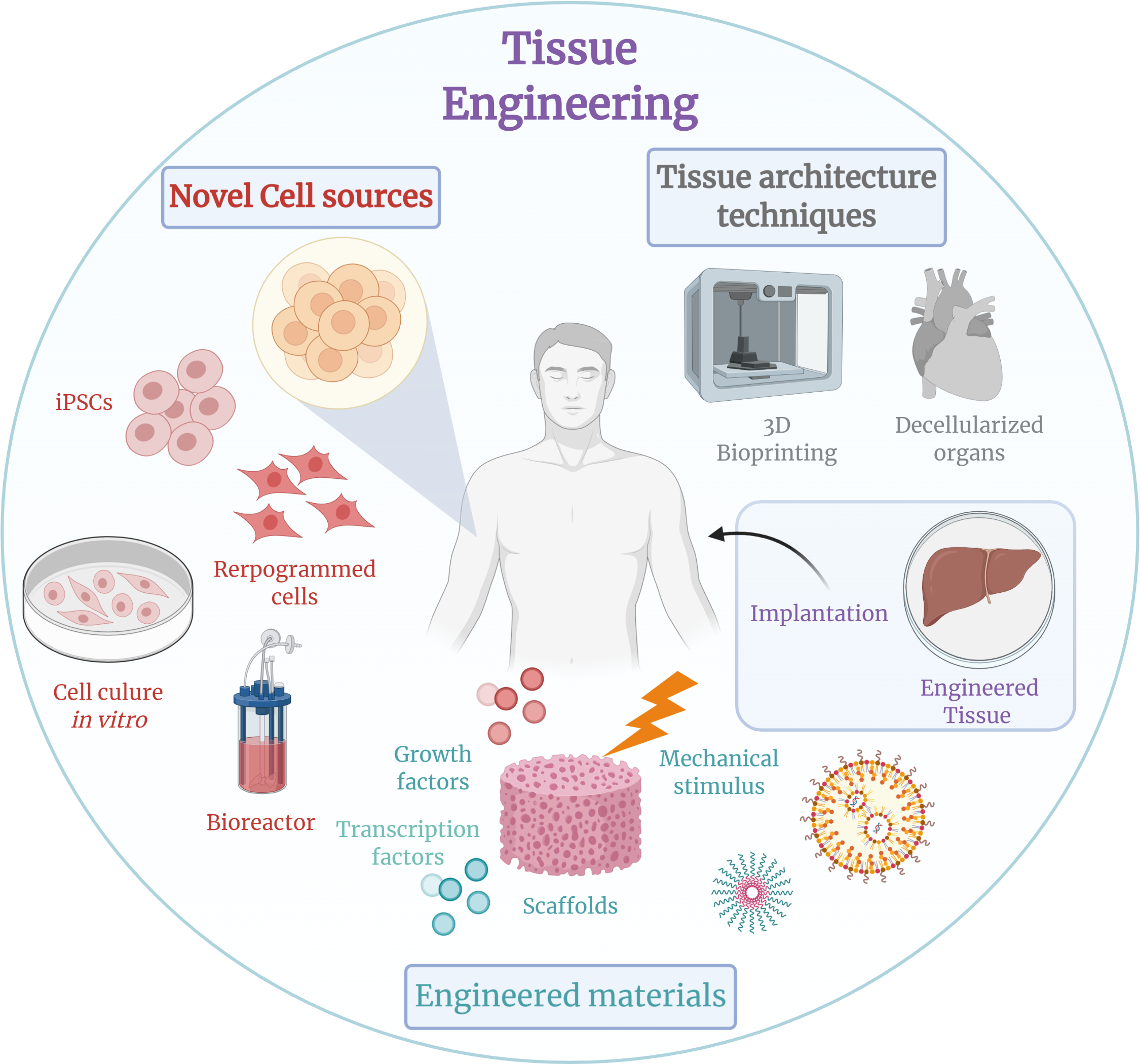
Tissue engineering - Wikipedia
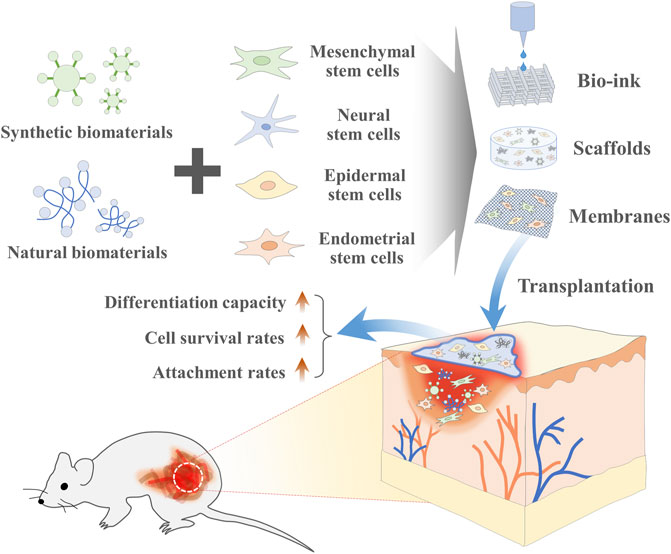
Frontiers Enhancing Stem Cell-Based Therapeutic Potential by Combining Various Bioengineering Technologies
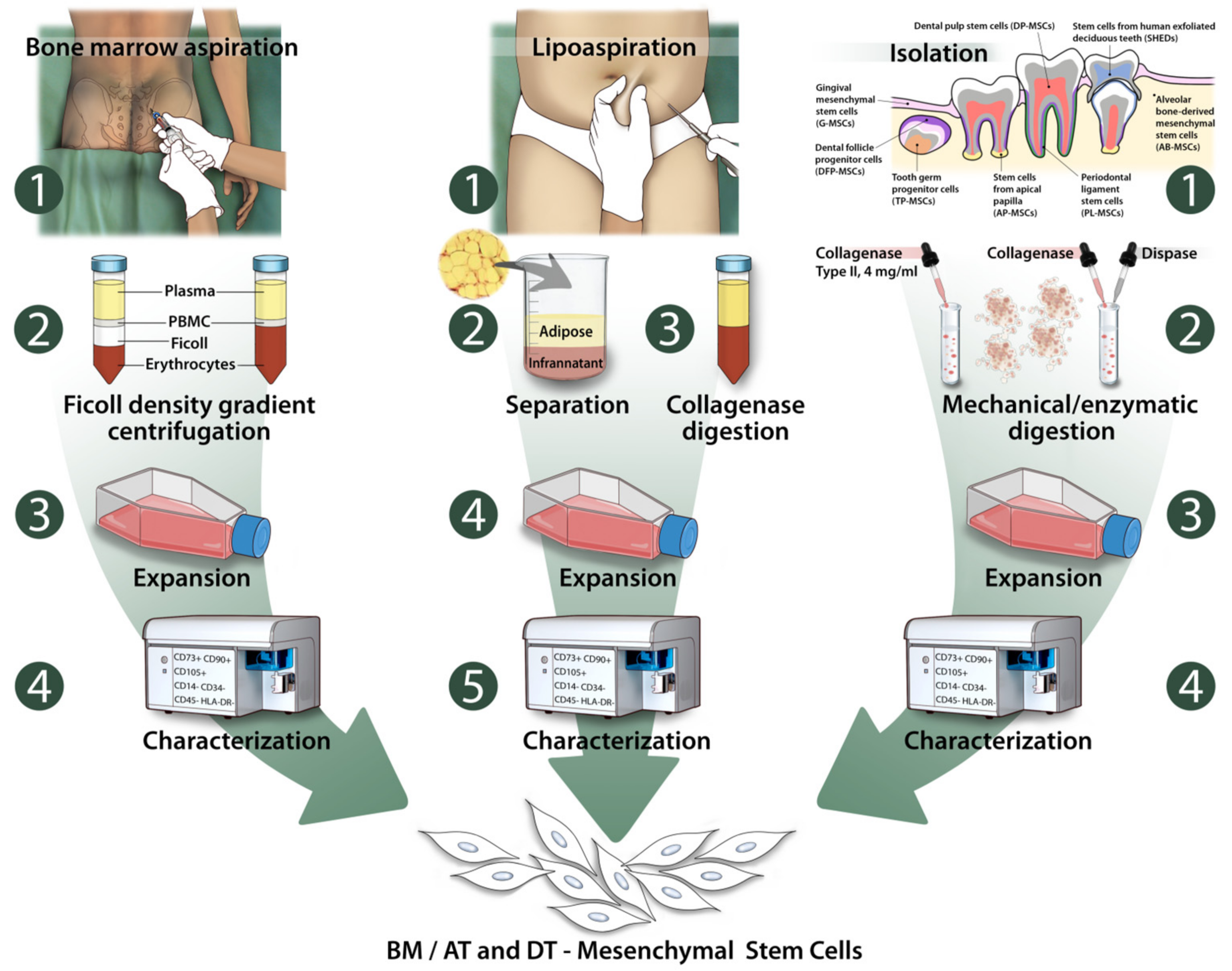
IJMS, Free Full-Text
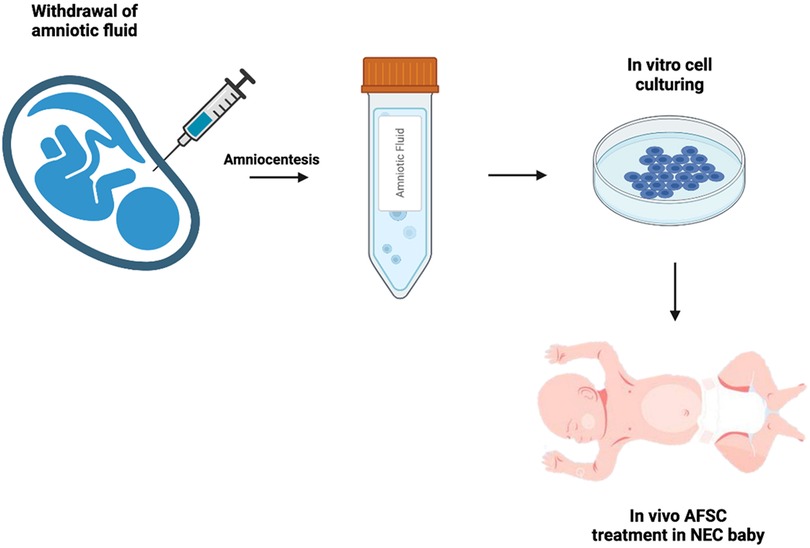
Frontiers Amniotic fluid stem cells: A novel treatment for necrotizing enterocolitis
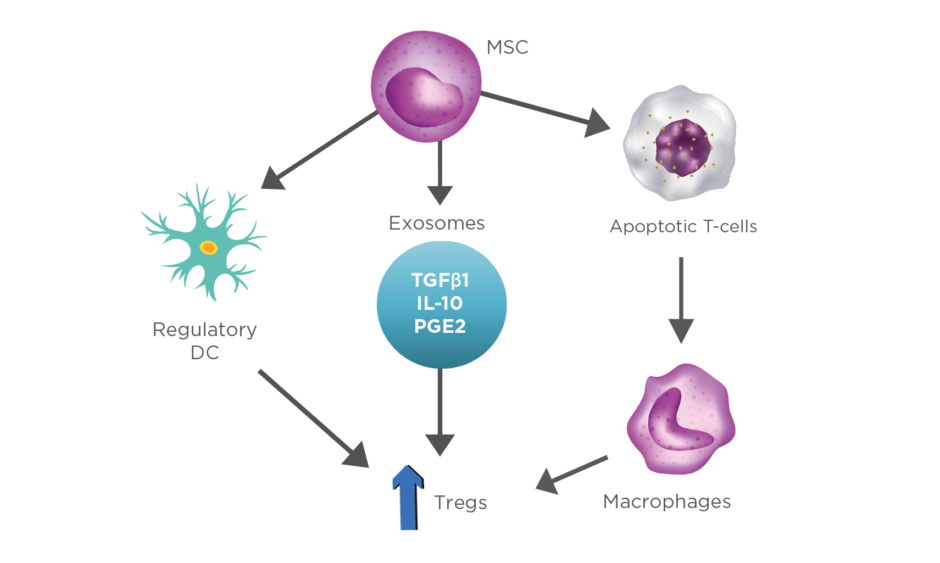
Stem Cell Therapies: A Review of Current Therapeutic Approach for Inflammation-Associated Sigmoid Colon Diseases - European Medical Journal

Human umbilical cord mesenchymal stem cells in diabetes mellitus and its complications: applications and research advances
- Summary of b-cell regeneration strategies. Novel b-cells can be derived

- Cellular sources of regeneration. (A) The ability to regenerate

- Regenerative Medicine - SpinePain Solutions
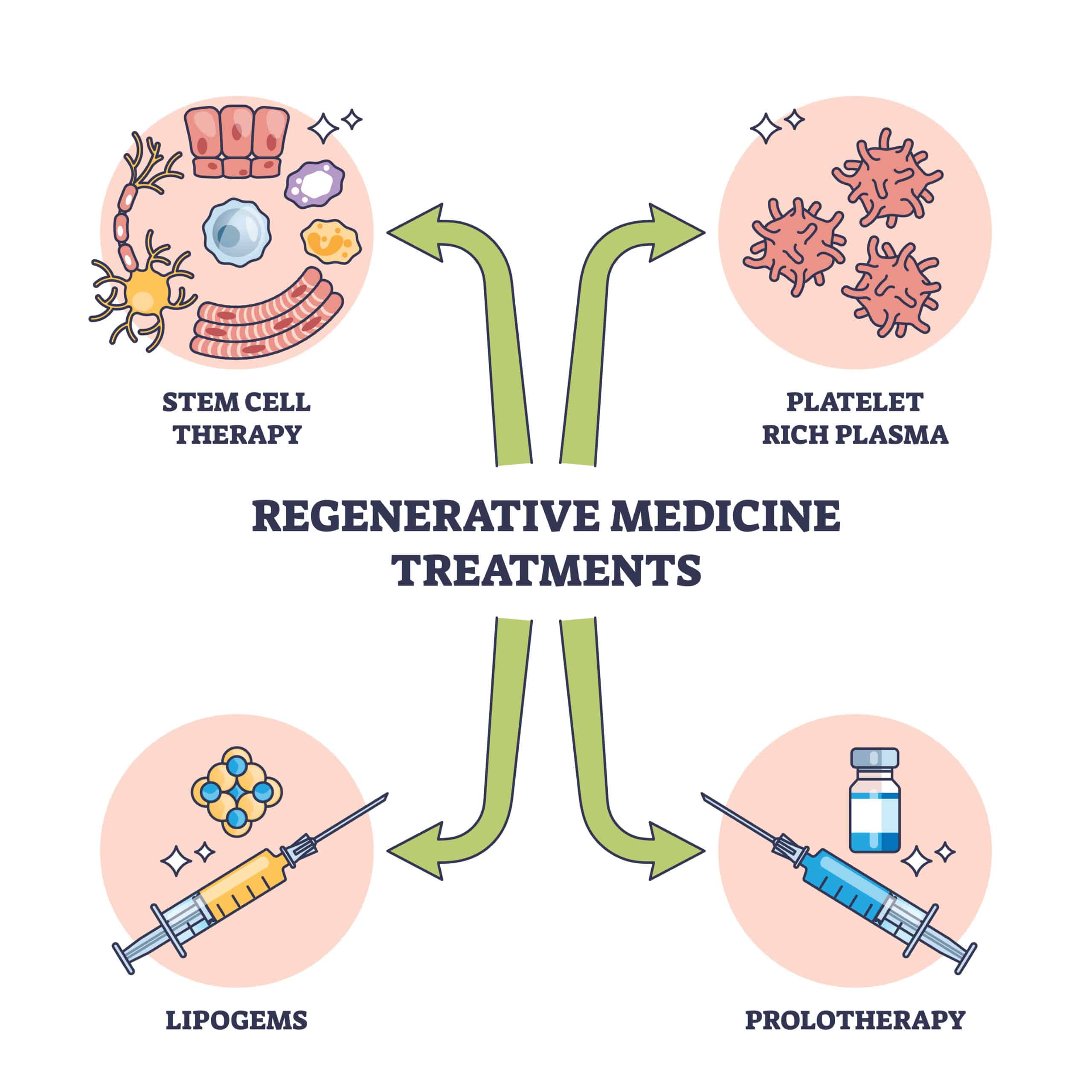
- Mesenchymal stem cells: immunobiology and role in immunomodulation and tissue regeneration - Cytotherapy

- CellR4 - Cellular repair, replacement, regeneration, reprogramming and differentiation
